Silk from orb-weaving spiders is versatile and valuable. But, unfortunately for us, spiders are territorial and cannibalistic, so farming them is out. However, the US molecular biologist Randy Lewis has spun a clever solution: genetically engineering goats to deliver the silky goods. First developing the idea at the University of Wyoming before moving his herd to Utah State University, Lewis manipulated goat eggs to include a spider silk-production gene. His resulting ‘spidergoats’ look entirely normal, but produce milk that contains spider-silk protein, which can be extracted for use in countless applications, from repairing human ligaments and tendons to producing parachutes and airbags. While this short documentary from 2010 uses humour to detail the ingenious transgenic process, it also prompts questions such as: are spidergoats a mutation too far? Or is this simply the next logical step in humanity’s millennia-long history of genetic manipulation?
Spidergoats to the rescue! How to make silk from milk with genetic engineering
Directors: Sam Gaty, George Costakis

videoHistory of science
A 1909 animation on how spiders take to the air is a charming dip into the history of science
1 minute

videoEvolution
The vibey way spiders differentiate potential meals and potential mates
1 minute

videoEvolution
Female black widows have a murderous reputation, but do the males have it coming?
6 minutes
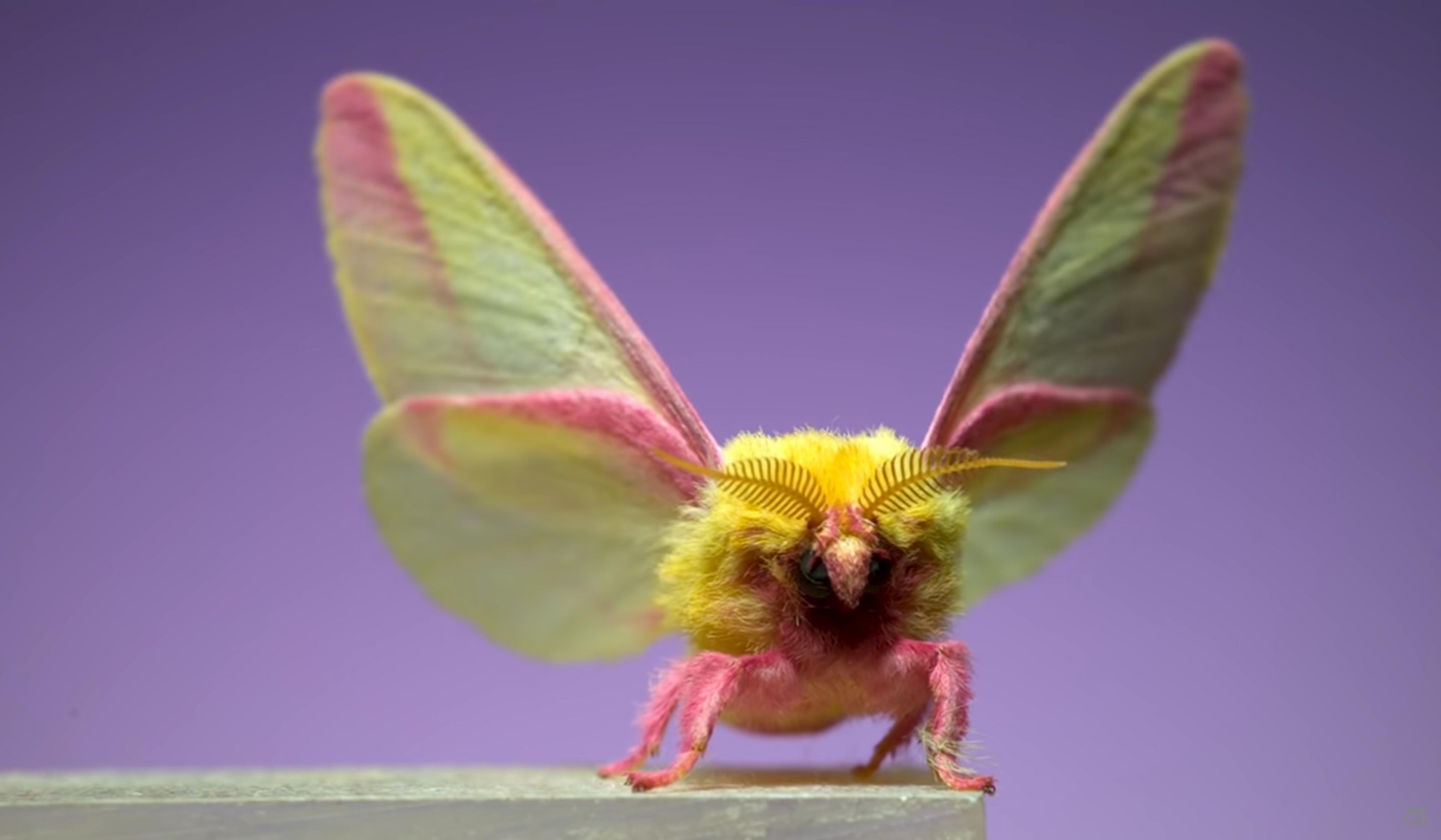
videoBiology
Witness the majesty of moths taking flight at 6,000 frames per second
5 minutes

videoEcology and environmental sciences
Close-ups reveal how caterpillars live long enough to cocoon
9 minutes
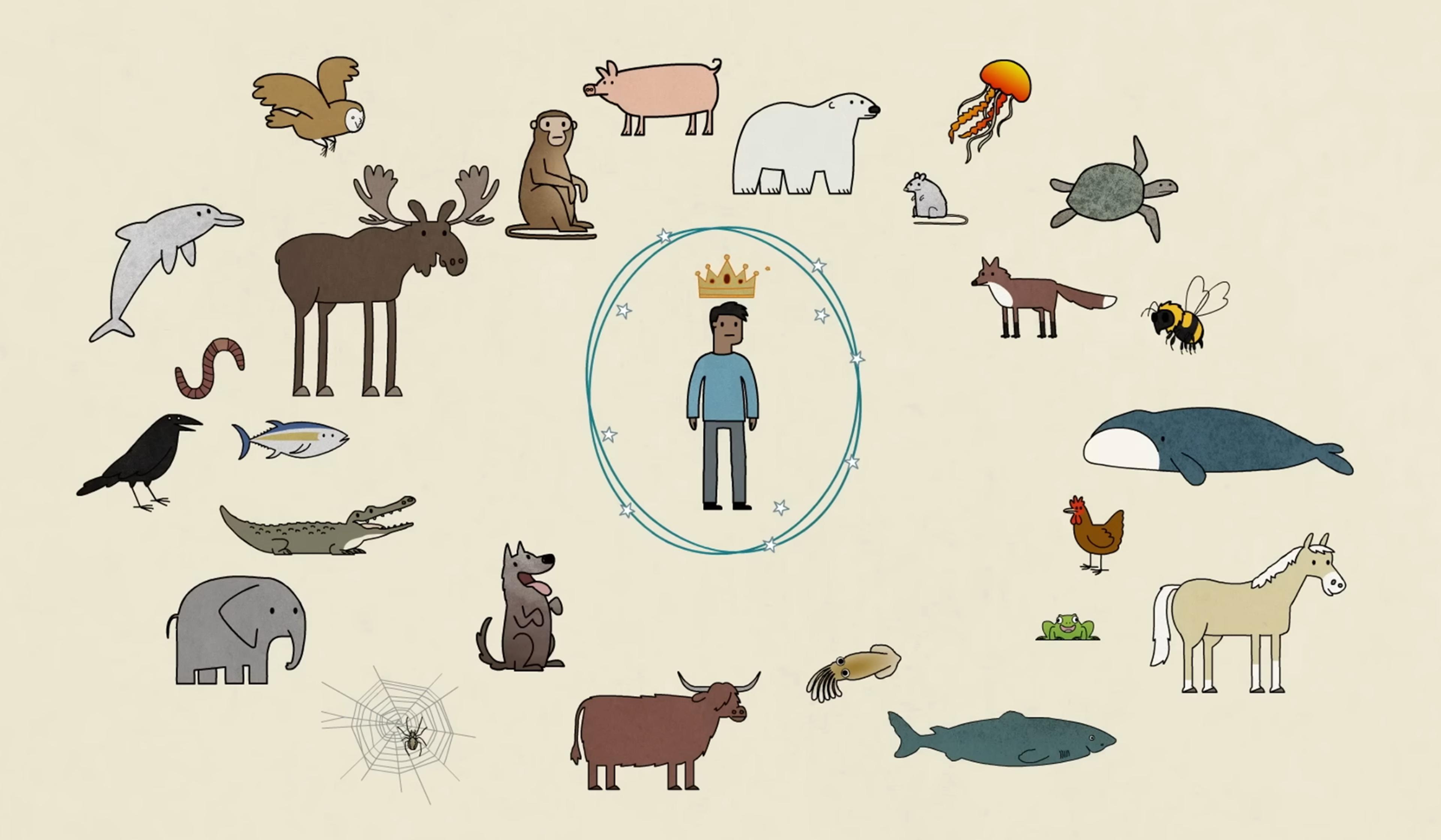
videoEthics
How many monkeys is it worth sacrificing to save a human life?
6 minutes
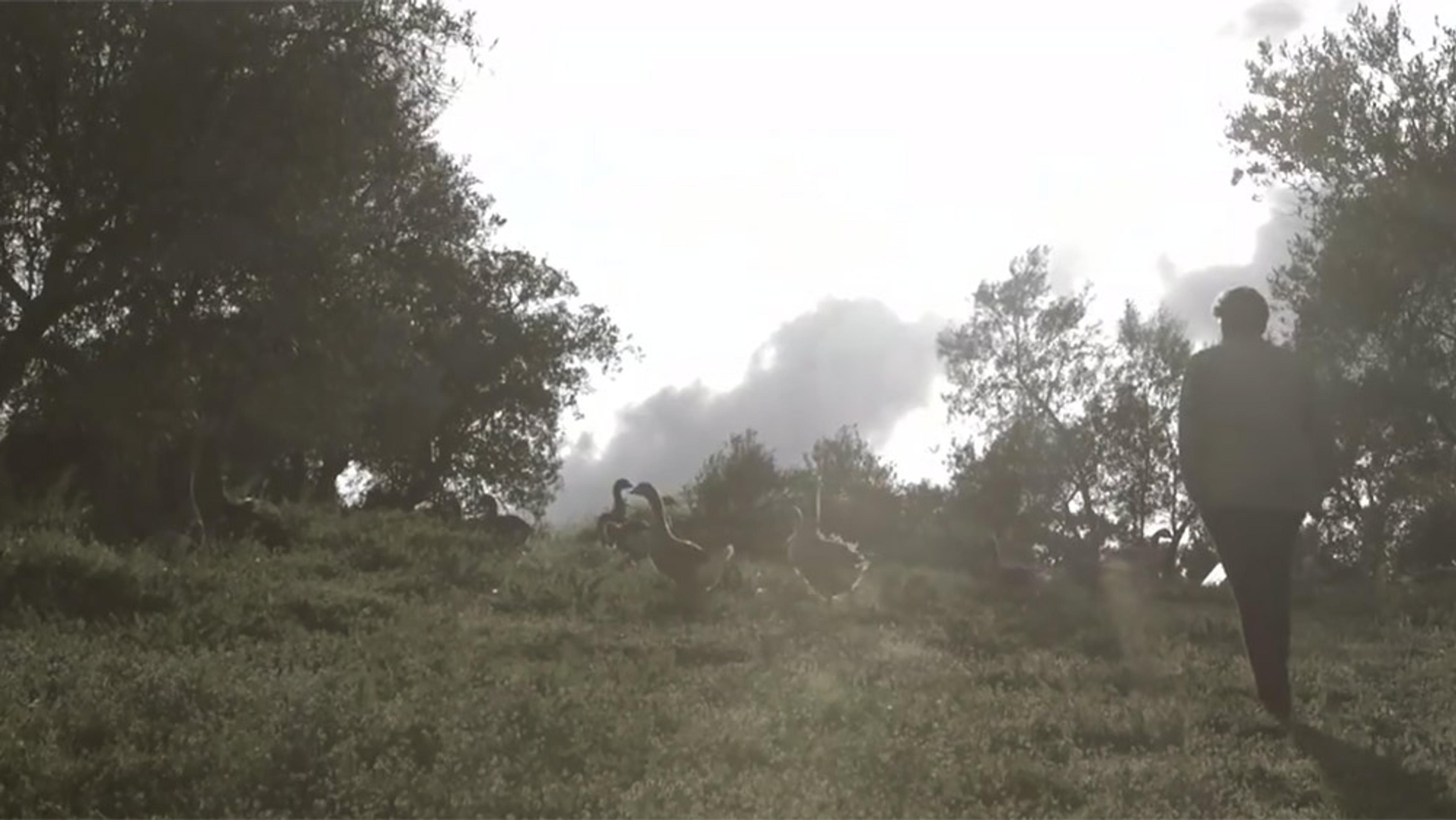
videoFood and drink
Delicious but cruel. Can foie gras be produced and enjoyed ethically?
4 minutes
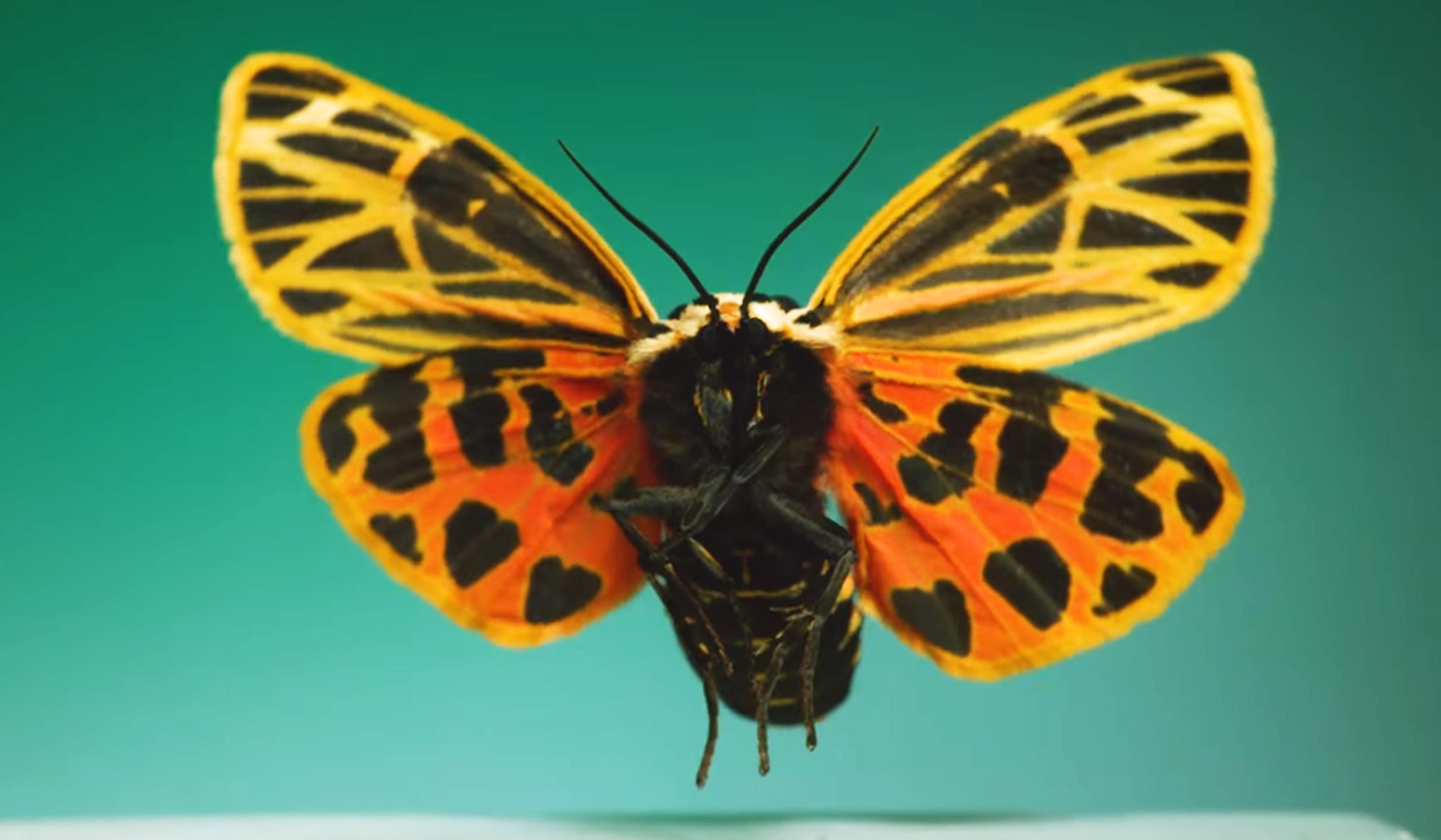
videoBiology
There’s no one way for an insect to fly, but they’re all amazing in close up and slo-mo
7 minutes
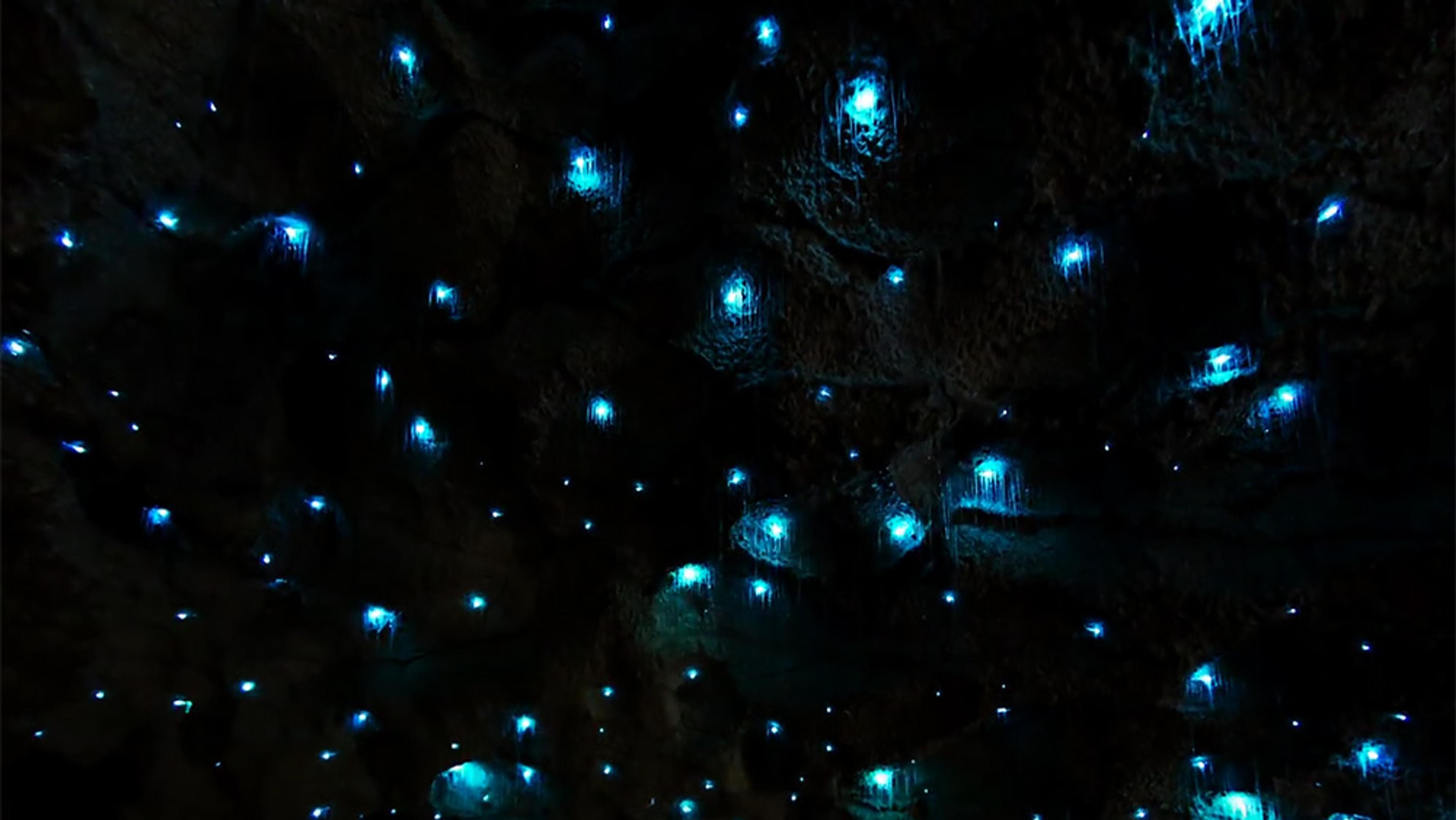
videoBiology
Glow worms mimic stars, creating a stunning faux night sky in a New Zealand cave
4 minutes